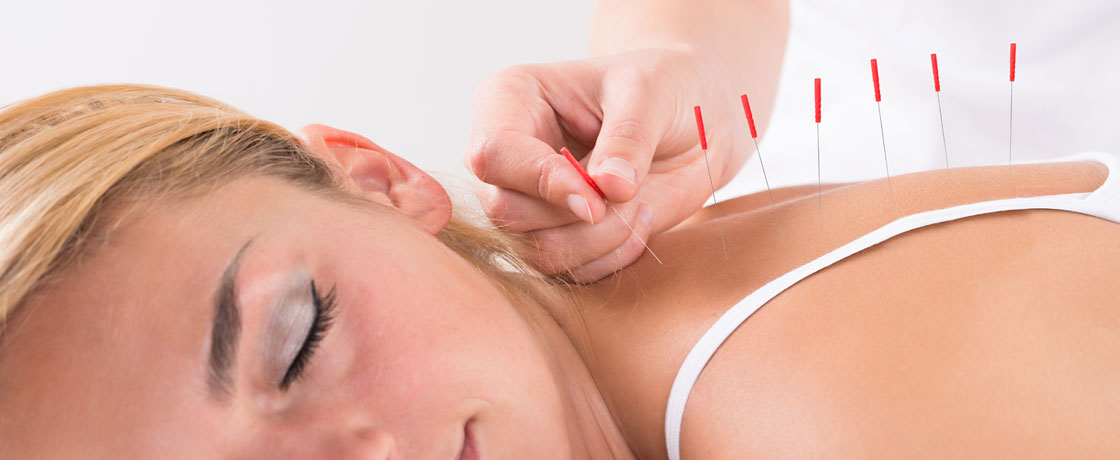Exploring Alternative Therapies for Stress Reduction
In today’s fast-paced world, stress has become an almost unavoidable part of daily life. Fortunately, there are numerous alternative therapies that offer promising avenues for managing stress. Among these, acupuncture, aromatherapy, and sound therapy have gained attention for their potential to alleviate stress and promote overall well-being.
Acupuncture: Balancing Energy Flow
Acupuncture, an ancient Chinese healing technique, involves the insertion of thin needles into specific points on the body to stimulate energy flow or “Qi.” From a traditional Chinese medicine perspective, stress arises when the flow of Qi is disrupted. Acupuncture aims to restore this balance, potentially reducing stress and promoting relaxation.
Through the stimulation of specific points, acupuncture triggers the release of endorphins and other neurotransmitters, which can help alleviate stress and improve mood. The process is often described as painless and deeply relaxing, with many individuals reporting a sense of calmness and reduced stress following acupuncture sessions.
Aromatherapy: Harnessing the Power of Scents
Aromatherapy utilizes the therapeutic properties of essential oils extracted from plants to promote physical and psychological well-being. Certain scents, such as lavender, chamomile, and citrus, have been recognized for their calming and stress-relieving effects.
Inhaling essential oils or using them in massages, baths, or diffusers can positively influence the limbic system, the part of the brain associated with emotions and memory. The soothing scents can help reduce stress hormones like cortisol, inducing a sense of relaxation and tranquility. Aromatherapy not only targets stress but also addresses associated symptoms like anxiety and sleep disturbances.
Sound Therapy: Harmony for the Mind
Sound therapy, also known as sound healing or music therapy, involves the use of sound frequencies to promote relaxation and reduce stress. Whether through Tibetan singing bowls, gongs, nature sounds, or specific musical compositions, various sounds can have a profound impact on the mind and body.
The vibrations produced by sound therapy resonate with the body’s cells, tissues, and organs, potentially restoring balance and reducing stress. Listening to soothing sounds or participating in sound meditation sessions may help calm the nervous system, alleviate tension, and foster a deep sense of relaxation.
Conclusion: Embracing Holistic Approaches
In the pursuit of stress reduction, alternative therapies like acupuncture, aromatherapy, and sound therapy offer holistic approaches that address both the physical and emotional aspects of well-being. While scientific research continues to explore their effectiveness, many individuals have reported significant benefits in managing stress through these practices.
It’s important to note that individual experiences with these therapies may vary, and they should not be considered as standalone treatments for severe stress-related conditions without consulting healthcare professionals. However, as complementary approaches, these alternative therapies can be valuable tools in a comprehensive stress management plan.
In a world where stress seems omnipresent, the exploration of alternative therapies provides a ray of hope—a means to reconnect with inner peace and cultivate a harmonious balance between mind, body, and spirit. As research advances and our understanding deepens, these therapies may continue to play a pivotal role in promoting wellness and enhancing our resilience against the pressures of modern life.


